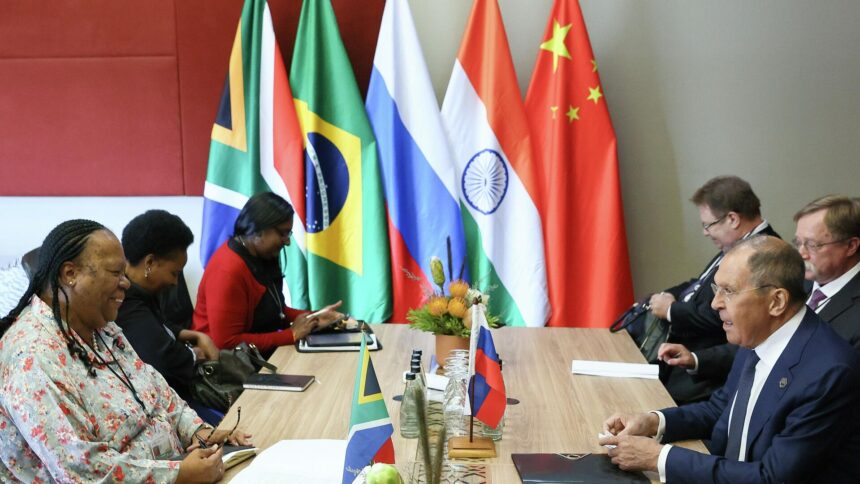As the BRICS alliance continues to expand cooperation between its members and partner countries, officials say it is eyeing a G20 format. According to the Russian News Agency (TASS), Brazilian Foreign Minister Mauro Vieira says the bloc is moving toward such an organization.
“Starting January 1, we will chair BRICS and hold major ministerial meetings,” Viera said in an interview with the newspaper Estado de Minas. “BRICS has achieved significant momentum and is practically approaching the G20.” Brazil’s foreign minister added that as chairs of the BRICS meetings, the country’s leadership plans to “organize several important high-level meetings and events.” These will include various negotiations between BRICS foreign ministers and heads of state.
At October’s BRICS summit, the bloc welcomed 13 new countries with partnership status. It seems that each passing month brings more countries into the fold of the alliance, as the BRICS mission becomes increasingly popular. Many countries around the world have grown frustrated with the West’s grip on global trade, and want to seek alternatives to the US dollar. The BRICS bloc seeks to answer that request, practicing local currency trading and developing its own currency.
What is the G20, and Can a BRICS Version Rival it?
The Group of 20 (G20) is an intergovernmental forum that addresses global economic and financial issues. The group contains nineteen countries and two regional bodies: the EU and the AU (African Union). The G20 was established in 1999 to coordinate macroeconomic policy and financial responses among its members. The G20’s annual meetings of Heads of State and Government focus on issues like climate change, sustainable development, and international financial stability.
All BRICS members, including some of the recently added countries/members, are members of the G20. However, the bloc may look to create its own version of the grouping to discuss BRICS-specific affairs. With the G20 including members of the West, it’s fitting that the bloc is eying its own grouping to keep the West out of its affairs. Following Russia’s invasion of Ukraine, Western sanctions took a massive toll on the invading country. Thereafter, Moscow turned to its BRICS allies and the global south as de-dollarization became an immense priority.
Currently, the BRICS bloc has enough members to comprise a 20-nation “G20”, if it includes its new members and partner countries. An official name for the grouping is up for debate, however, a formation is possible as no one saw the BRICS bloc becoming as huge as it has on the global stage over the last few years.










